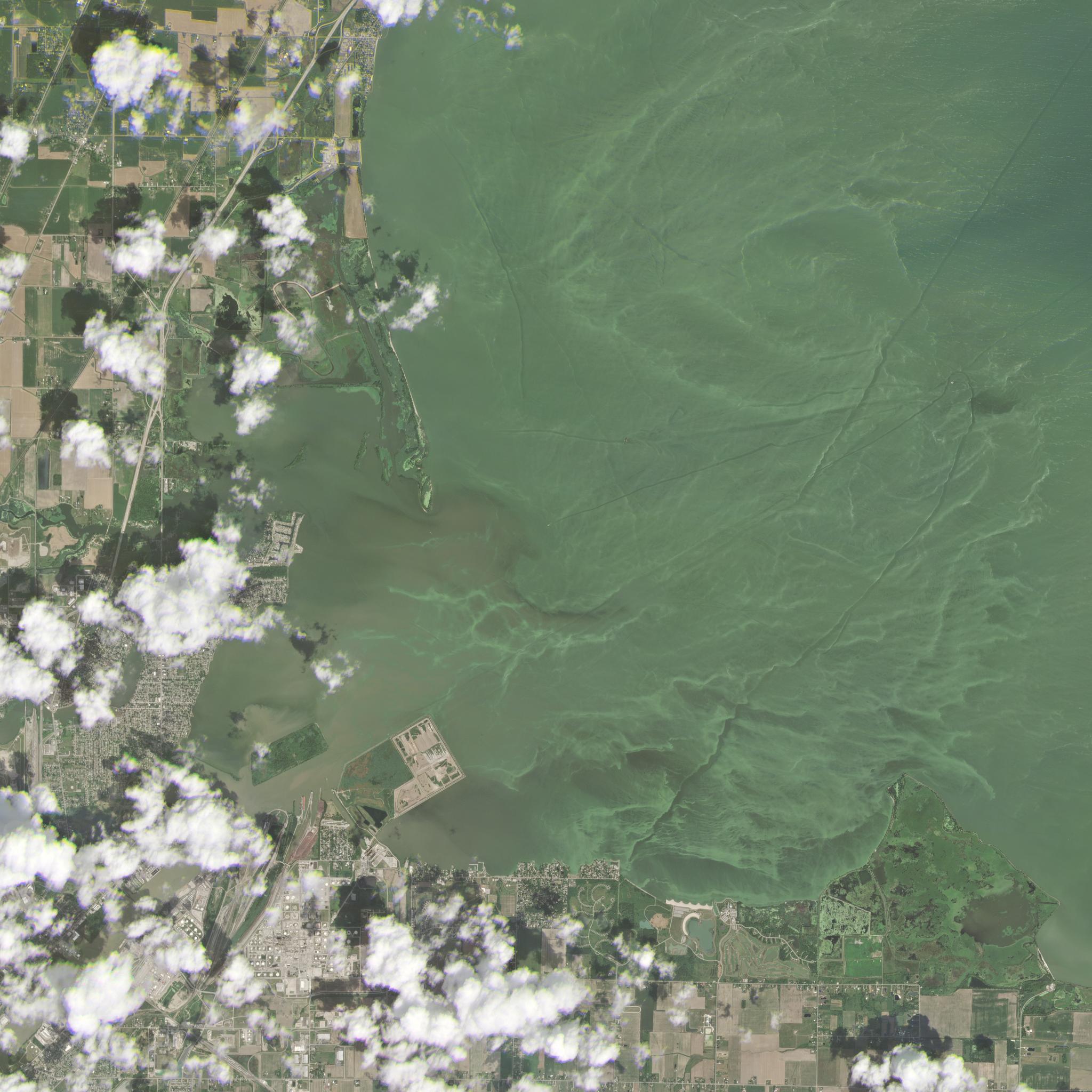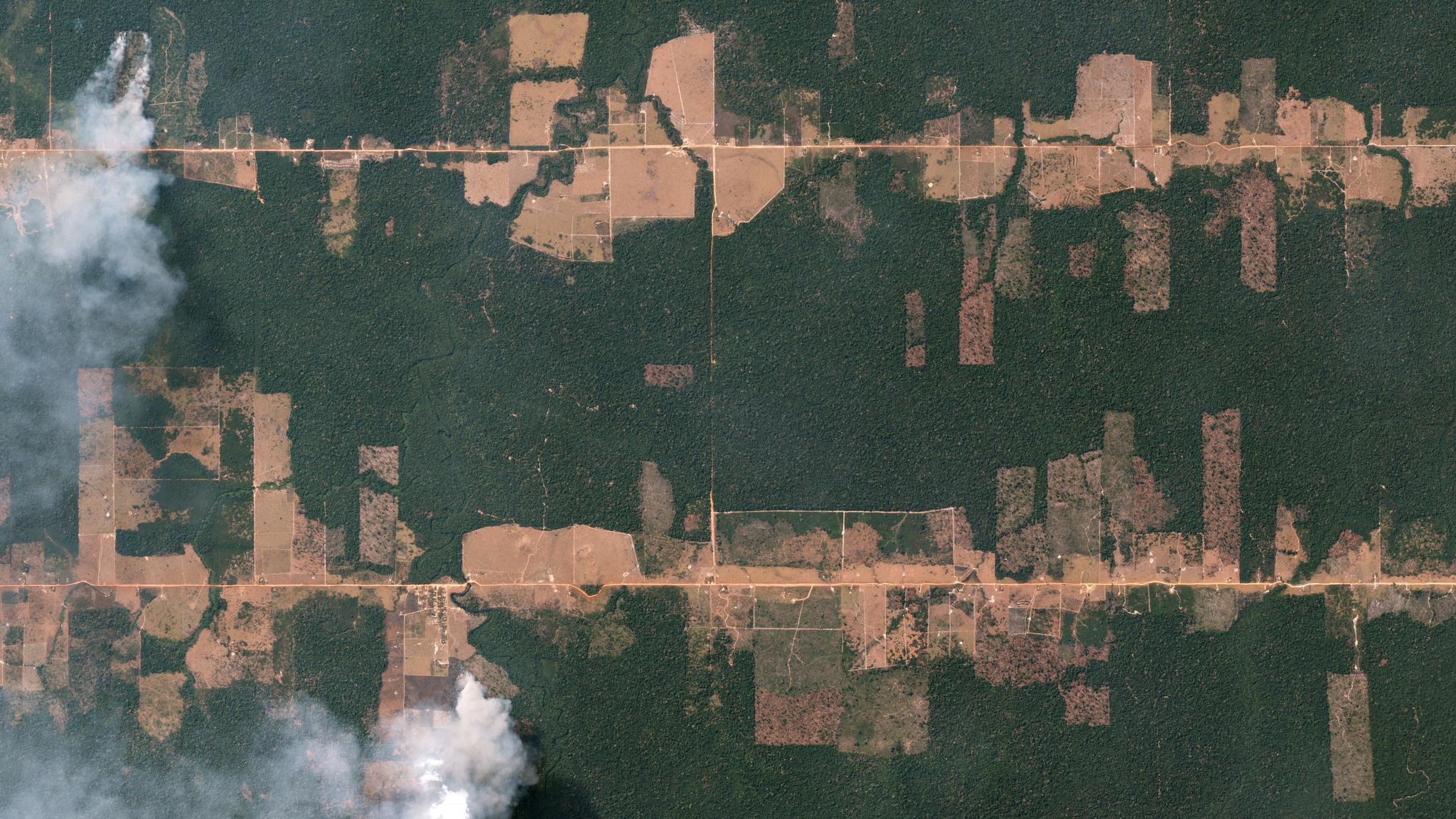Planet Joins the NASA-RFF VALUABLES Consortium
Planet is thrilled to announce that we are now a partner with the NASA-Resources for the Future (RFF) Consortium for the Valuation of Applications Benefits Linked with Earth Science (VALUABLES). This program is a cooperative agreement between RFF, a longstanding leader in economic analysis and policy innovation for managing environmental and natural resources, and NASA to measure how satellite information benefits people and the environment when it is used to make decisions. Planet is the first commercial Earth observing data provider to join the consortium. “We want to help Earth scientists explain why what they’re doing matters in more than just papers,” says Dr. Yusuke Kuwayama, RFF Fellow and Director of the VALUABLES Consortium. To accomplish this, VALUABLES funds researchers to conduct analyses based on the impact on decision making and outcomes for the environment and human life. The unique aspect of research funded through VALUABLES compared to other Earth science programs is that scientists must quantify—in monetary terms—the socioeconomic impacts of their work. Funded projects thus far have included water quality assessment in Bangladesh to monitor cholera outbreaks, tracking the consequences of deforestation in Brazil, and the economic impact of harmful algal blooms in Californian lakes in terms of healthcare costs for visitors sickened by such blooms. [caption id="attachment_146073" align="aligncenter" width="5814"]


Ready to Get Started
Connect with a member of our Sales team. We'll help you find the right products and pricing for your needs


